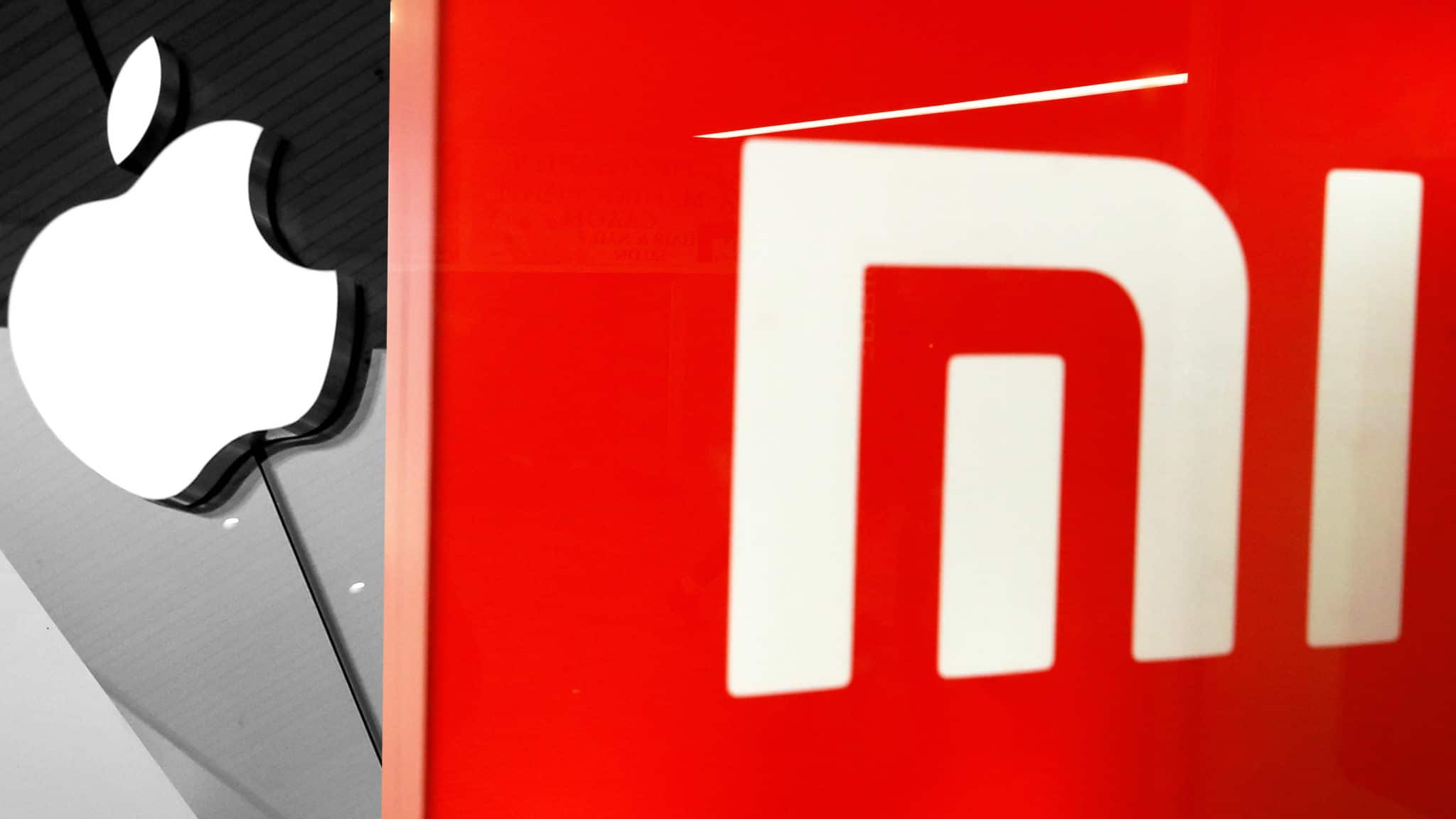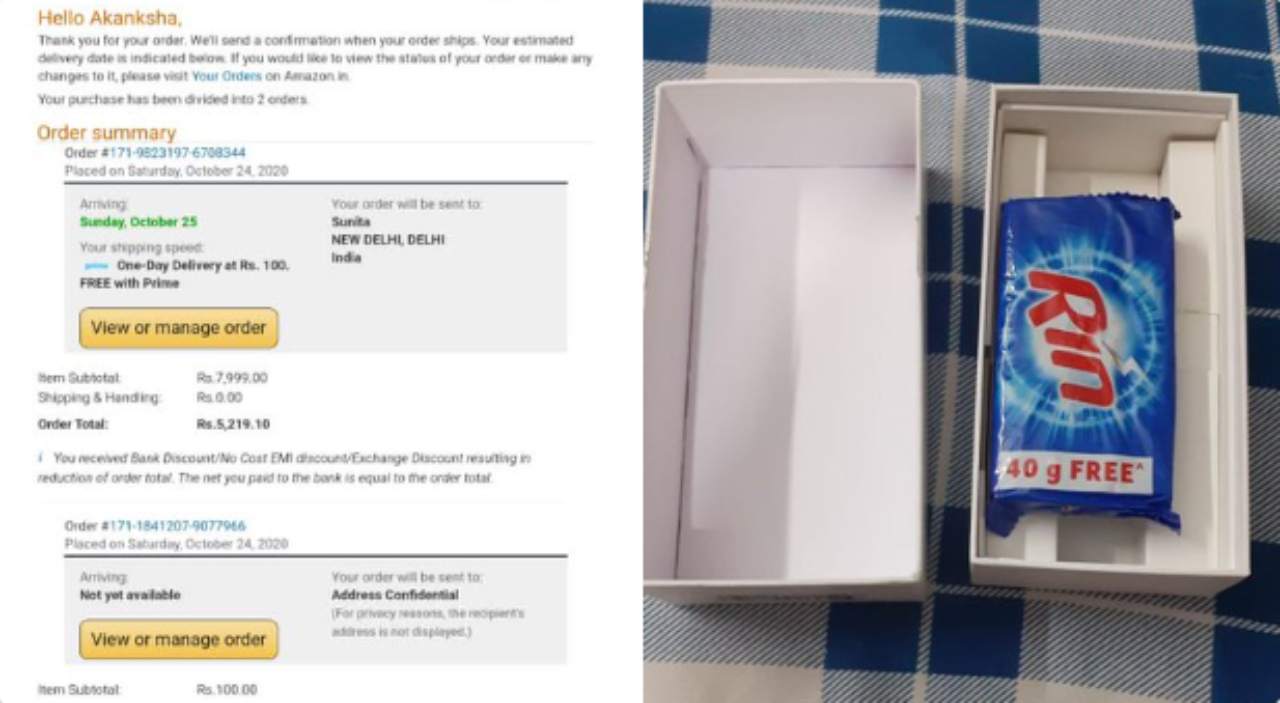Market data showed that a company Chinese smartphone maker Xiaomi captured market share in China and Europe in the third quarter of this year with the decline of the dominance of its rival Huawei due to US sanctions.
Xiaomi ranked third in the global leaderboards. It sold 47.1 million phones in the third quarter, a 45 percent increase over the previous year, according to market research firm Canalys.
The global smartphone market shrank by 1 percent on an annual basis in the period from July 1 to September 30, with shipments falling to 348 million units, but it increased by 22 percent from the second quarter in which the epidemic spread.
Samsung regained first place thanks to sales in India, as Chinese brands have struggled due to political tensions.
Huawei fell to second place in the world, and Apple – which launched the new iPhone 12 earlier this month – ranked fourth in the third quarter of 2020.
Market research firm Counterpoint at Counterpoint said note Thursday: The iPhone 11 was the best-selling phone in the quarter in China despite the absence of 5G technology.
The company said on Thursday that the timing of the iPhone 12 release led to a 29 percent drop in Apple’s sales in Greater China in the third quarter of this year. It expects a return to growth in China in the current quarter.
And in China, Xiaomi was the only brand to record growth, according to Counterpoint, with sales up 8 percent year-on-year. The overall Chinese smartphone market continued to shrink, with shipments down 14 percent.
“Xiaomi has done its best to acquire the shipments from Huawei,” Mu Jia, an analyst at Canalys, said in a note on Friday. In Europe, Huawei’s shipments fell by a quarter, while Xiaomi’s shipments jumped 88 percent, he said.
Jia added, “Xiaomi took the risk of setting high productivity targets, but this step paid off when it was able to fill the channels in the third quarter with large devices, such as: Redmi 9 series.”
This; Huawei’s future is believed to be uncertain as the US restrictions imposed on the company hamper its supply of chips.
Huawei’s chief consumer business executive, Richard Yu, said: “The company will no longer be able to produce the advanced Kirin chipset starting in September.
–


